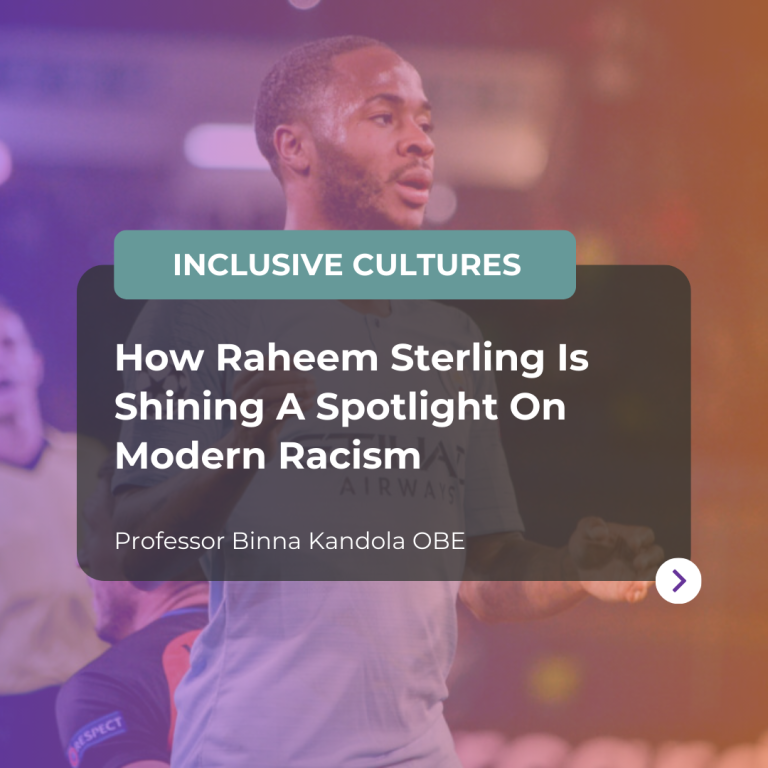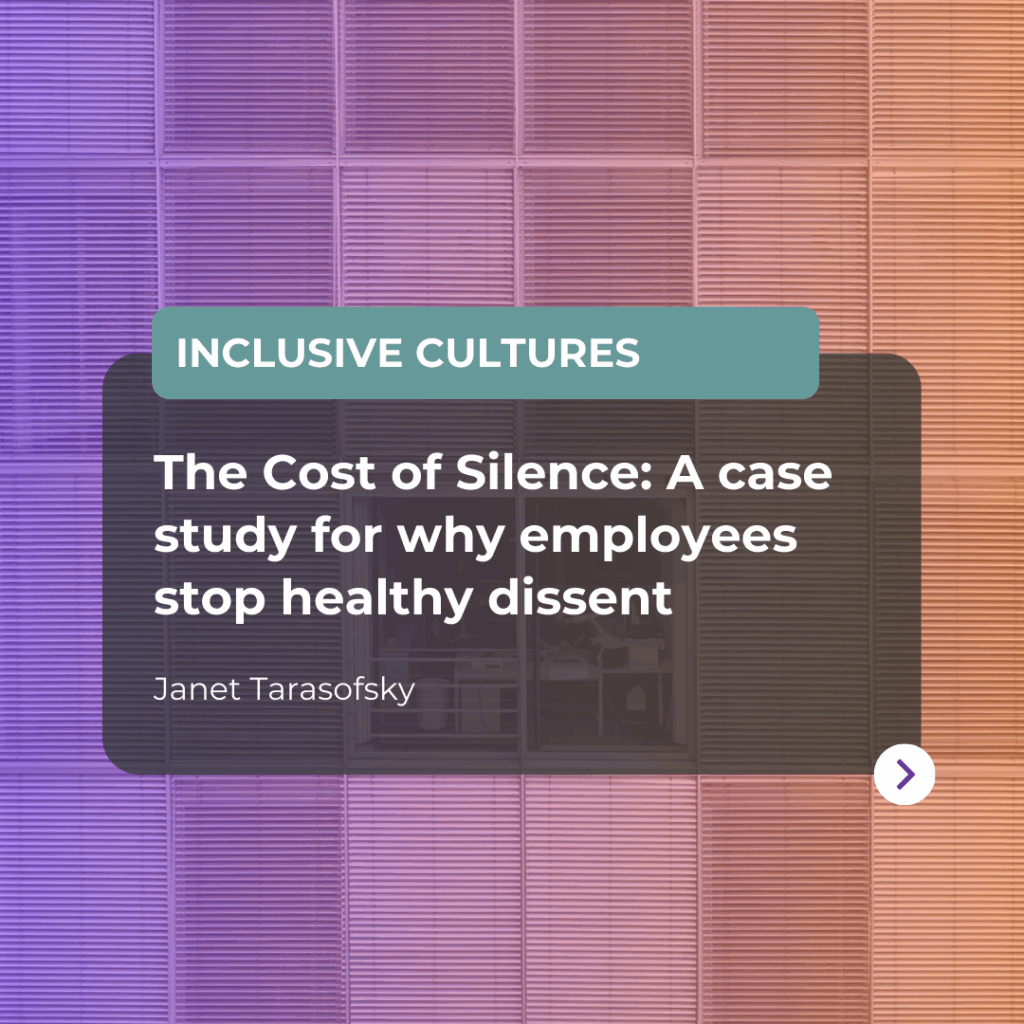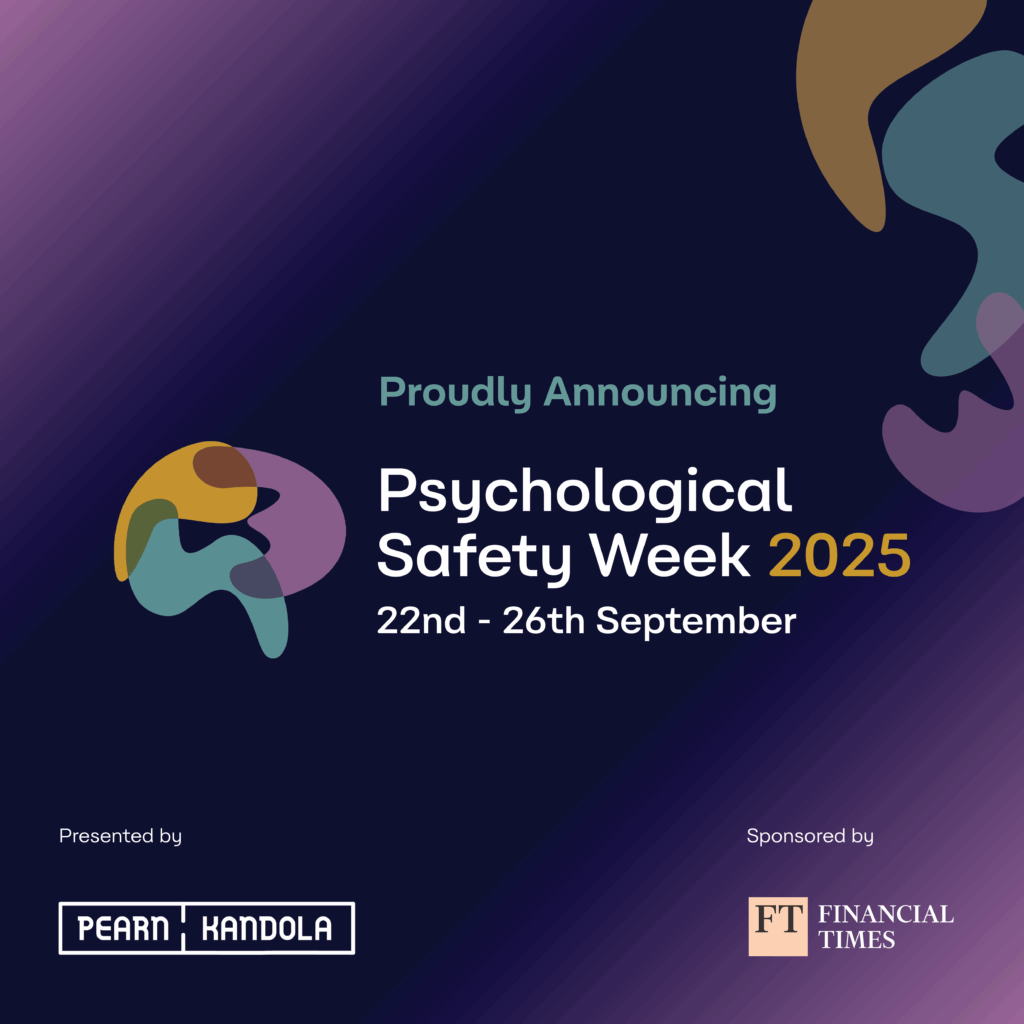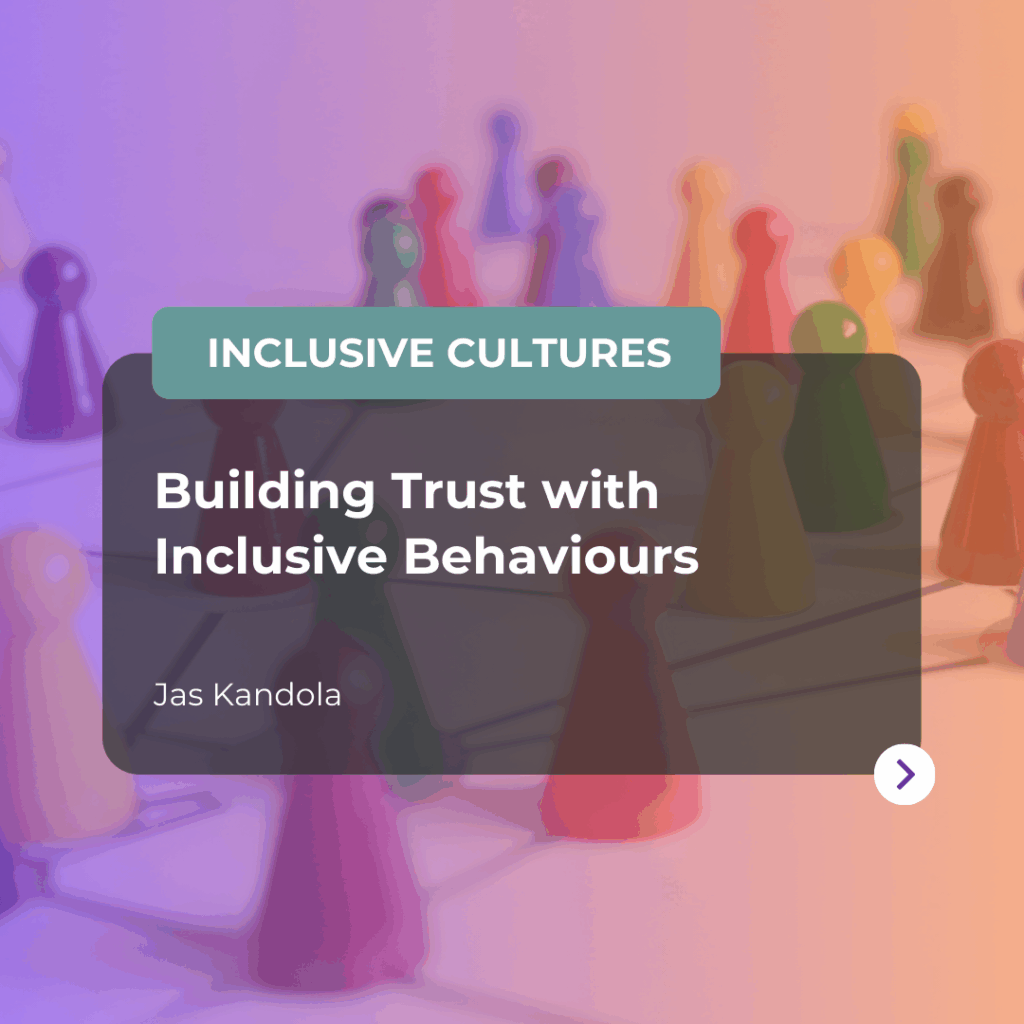Racism in football is a controversial topic, but it’s one that has recently been brought to the fore by Manchester City player, Raheem Sterling, after he was the victim of racist abuse during a game against Chelsea.
Instances such as this must be challenged, and the club was quick to respond, banning the two fans who were involved from attending any future games and stating that it was “fully supporting” a police investigation. This case though, not only highlights the prevalence of racism in football, but also the fact that we only tend to combat racism when it is so overt, it simply can’t be denied.
We could believe that because everyone is outspoken in opposing incidents like this, racism is on its way out, but that is not the case. We might not tolerate racist language or blatant discrimination against BAME (black, Asian and minority ethnic) people any longer, but at all levels of football, as well as in wider society, racism has evolved to persist in more covert, subtle ways.
What is “Modern Racism”?
The phenomenon that psychologists call “modern racism” is something Raheem Sterling has referred to publicly. Just the day after the Chelsea incident, he used Instagram to address the incredibly negative way that the media had reported a black football player purchasing a house for his mother, demonstrating that when a white player had done the same thing, the language used in the headline was very different. This is a perfect example of modern racism, whereby a BAME person’s actions are perceived as negative when a white person’s would not.
Modern Racism and Leadership
This isn’t the only way that modern racism can impact football, though. Our own analysis of the 2015-16 season revealed that in the Premier League, not only that there were no black coaches but that there was no black person in any management position.
It would be a grave error to think that these forms of racism are only a problem in football. We should use the public discussion to help us reflect on what may be going on in our own organisations. I was asked to talk about racism in one of the Big Four accountancy firms. One person said that the reason there are so many more black players than there are coaches is because it’s a “different skill set,” implying that black players don’t possess the necessary skills for leadership, and ignores the real systemic reasons behind that statistic. Having that opinion is sadly more common than we would like to believe. However what was entirely more shocking was that no-one-including the few partners present-even identified as a racist sentiment. His remarks were challenged by me but by no-one in the firm. This highlights one of the principle problems: do people who are in the majority even spot racism when it occurs in front of them? In all walks of life, not just in football, high-achieving BAME individuals will rarely receive recognition for their efforts. When a black leader is successful, their success is attributed to factors other than their decision-making or leadership skills. But when their team fails, it’s seen as a failure of leadership, and evidence of incompetence.
This is modern racism in its purest form; an example of black people being weighed down with stereotypes and negative connotations that the vast majority of us don’t even realise we believe.
Ian Wright recently hit the nail squarely on the head, by speaking about the fact that no matter what Raheem Sterling does, or no matter how high he reaches, it seems as though people simply want to keep him down. Wright says that it’s as if people don’t want him to succeed, and that these attitudes are “tinged with racism.” While he was speaking specifically about Sterling’s recent experiences, it seems to me that he has summed up the challenges faced by all BAME people.
So yes, we do need to eradicate racism on the pitch. But this is only a small – albeit important – part of the problem. To begin to even address this issue, we need to develop awareness of our own unconscious bias, how that plays out in our actions and the impact that has on the recipient. In addition, we face a further challenge to make these changes stick. Former England player, Stan Collymore, has written that the outcry in response to Raheem Sterling’s treatment at Chelsea is hollow. He said it will all be forgotten in a few days, and nothing will change. How, then, can we tackle the racism that people don’t even realise they are guilty of?
Bias can be changed
We can take some comfort in the fact that it is possible to change our biases, even if we might not previously be aware that we ever held them. It requires us to be honest with ourselves, though. We must challenge ourselves to reflect on our decisions and why we might instinctively expect some people to achieve success; or be surprised by that achieved by others. We must consider and analyse our behaviour and judgements, and be honest as to whether our decisions are based on genuine evidence of an individual’s ability or bias.
What was so clear to Raheem Sterling’s personal experience, was news to lots of people – with some people denying his point altogether. Raheem Sterling was brave for addressing these issues so publicly and using his platform to highlight an all-too-common challenge for BAME people. We need to keep the dialogue open and honest in order to level the playing field for everyone.
This article is part of our series about Racism at Work: The Danger of Indifference. If you would like to purchase a copy, go to Amazon.






